Introduction
Pressure vessels are integral components widely used across various industries to contain gases or liquids at high pressures. Commonly, these vessels appear in sectors like oil and gas, pharmaceuticals, and energy production. They play a crucial role in processes such as distillation, storage, and reaction. Each vessel requires a robust closure system to ensure safety and maintain operational integrity. Pressure vessel closures seal the container, preventing leaks and withstanding the internal pressures. These closures come in several forms, each designed to meet specific industry standards and operational needs. Understanding these closures is essential for maintaining safety in high-pressure environments. Here, we introduce the concept of pressure vessel closures, diving into their types, uses, and why they are critical in industrial applications. This discussion lays the groundwork for a deeper exploration of the intricacies of these systems.
Understanding Pressure Vessel Closures
What Is a Pressure Vessel Closure?
A pressure vessel closure is a critical component designed to securely seal the opening of a pressure vessel, ensuring the containment of contents under high pressure. These closures enable safe operation, maintenance, and inspection of pressure vessels. They must reliably maintain their integrity to prevent potential leaks or bursts that could lead to hazardous situations. The fundamental role of a pressure vessel closure is to provide a robust barrier that withstands the internal pressures and chemical nature of the vessel’s contents, while also allowing for controlled access when needed. This effective sealing capability ensures that the vessel operates within safety standards, crucial for the protection of both the process and the personnel involved.
Paramètres
| Technical indicators | |
| Diamètre nominal DN : | <1800mm |
| Pression de calcul PN : | ≤40 MPa |
| Milieu de travail : | Pétrole, gaz, eau |
| Température de conception : | -50°C~300°C |
| Matériel: | 16Mn,A350LF2, A105, SS304, SS316, F51, F53, F55, INCONEL625, HASTELLOY C |
| Épaisseur du tuyau : | 6 mm ~ 100 mm |
| Bandlock Quick Opening Closure | ||||
| Pression de conception | 1,6 MPa-30 MPa | |||
| Tolérance à la corrosion | 2 millimètres | |||
| Intensité des fortifications sismiques | 7 degrés | |||
| Milieu de travail | Pétrole, gaz naturel, Eau et pâte à minerai, etc. | |||
| Heures d’ouverture | Dans les années 60 moins de 200N | |||
| Type d’ouverture | Vertical ou horizontal | |||
| Quick Opening Closures Characteristics | ||||
| Pression de conception | 1,6 MPa-30 MPa | |||
| Tolérance à la corrosion | 2 millimètres | |||
| Intensité des fortifications sismiques | 7 degrés | |||
| Milieu de travail | Pétrole, gaz naturel, Eau et pâte à minerai, etc. | |||
| Heures d’ouverture | Dans les années 60 moins de 200N | |||
| Type d’ouverture | Vertical ou horizontal | |||
Types of Pressure Vessure Closures
Lock Ring Type
Lock ring closures feature a mechanical locking system that secures the vessel’s end cap. Operators can quickly and efficiently seal or access the vessel, enhancing safety and convenience. This type is ideal for applications requiring frequent opening for inspection or cleaning.
Bayonet Type
Bayonet closures operate with a twist-and-lock mechanism, similar to a camera lens. This design allows for rapid sealing and unsealing, minimizing downtime. They are particularly useful in situations where speed and ease of access are critical.
Clamp Type
Clamp type closures utilize a clamping mechanism to secure the vessel’s lid. They offer a versatile and user-friendly solution, allowing for quick assembly and disassembly without specialized tools. This type is favored for its simplicity and effectiveness in a variety of settings.
Materials Used in Manufacturing Closures
Materials Used in Manufacturing Pressure Vessel Closures
Pressure vessel closures are crafted from a variety of materials, each selected for their unique properties and suitability for specific conditions and pressures. The most commonly used materials include steel, aluminum, and composites, each offering distinct advantages and characteristics:
Steel
- Properties: Steel is renowned for its exceptional strength and durability, making it an ideal choice for high-pressure environments. It is highly resistant to wear and can withstand significant physical stress.
- Applications: Due to its robust nature, steel is commonly used in industries where high pressure and temperatures are a norm, such as oil and gas refineries and chemical processing plants.
Aluminium
- Properties: Aluminum is lighter than steel and offers good corrosion resistance and conductivity. It is easier to machine and fabricate, which can lead to cost savings in manufacturing.
- Applications: Aluminum closures are suitable for less stringent applications where lower pressures are involved. Its lightweight nature makes it ideal for aerospace and certain chemical processing applications where weight is a critical factor.
Composites
- Properties: Composites, often made from a combination of materials such as fiberglass, carbon fiber, or reinforced plastics, offer high strength-to-weight ratios. They are corrosion-resistant and can be designed to offer superior durability and thermal insulation.
- Applications: Composite materials are used in specialized applications that require lightweight properties combined with high strength. They are particularly useful in corrosive environments and in industries like aerospace and some newer eco-friendly technologies.
Maintenance Best Practices
To ensure the longevity and safety of pressure vessel closures, adopting maintenance best practices is essential. Start with routine checks, which should include a thorough inspection of closure integrity and mechanism functionality. Regularly scheduled seal replacements are crucial to prevent leaks and maintain pressure integrity. Always use seals compatible with the specific chemicals and pressures of your system. Additionally, implement regular cleaning procedures to remove any residues or corrosive substances that could impair the closure’s performance. Finally, document all maintenance activities to track the condition and history of the equipment, facilitating timely interventions and consistent operational safety.
Applications of Pressure Vessel Closures
Applications industrielles
Pressure vessel closures find extensive use in several key industries, each leveraging their robustness and reliability in unique ways. In the oil and gas industry, these closures seal storage tanks and reactors that operate under high pressure, essential for refining and processing hydrocarbons. They ensure the safety and containment of volatile substances, which is crucial for preventing accidents and promoting operational continuity. Similarly, in the chemical manufacturing sector, closures help maintain the integrity of vessels that store or react to aggressive chemicals. This containment protects both the product quality and the surrounding environment. The pharmaceutical industry also relies on these closures to ensure that the strict sterility and pressure conditions needed for drug manufacture are maintained, directly impacting product efficacy and safety.
Research and Development Usage
In research and development, pressure vessel closures play a pivotal role in experimental setups and testing facilities. They allow researchers to simulate extreme conditions securely and reliably, which is vital for advancing scientific understanding and innovation. For instance, in material science studies, closures help maintain controlled atmospheres for testing material properties under varied pressures and temperatures. This capability is essential for developing new materials with optimized properties for specific applications. Moreover, in the field of energy research, such as hydrogen storage and fuel cell technologies, closures ensure that highly pressurized environments are maintained safely, facilitating the study of alternative energy carriers.
Importance in Daily Operations
The role of pressure vessel closures extends beyond safety to significantly impact the efficiency and effectiveness of daily operations in various settings. Efficient closures speed up the process of vessel opening and closing, which reduces downtime and enhances productivity. They also contribute to energy conservation by maintaining the integrity of the pressure vessels, thereby minimizing heat loss and optimizing the energy consumption of the system. Furthermore, reliable closures reduce the need for frequent maintenance checks, lowering operational costs and extending the lifecycle of the equipment. Their ability to perform consistently under pressure ensures that processes run smoothly without unscheduled interruptions, thereby boosting overall operational reliability.
Foire aux questions
Frequently Asked Questions about Pressure Vessel Closures
FAQ 1: What is the life expectancy of a pressure vessel closure?
The life expectancy of a pressure vessel closure can vary widely based on the material, usage conditions, and maintenance practices. Typically, closures can last anywhere from 10 to 20 years. Regular maintenance and adherence to operational guidelines are crucial for maximizing lifespan.
FAQ 2: How often should pressure vessel closures be inspected?
Pressure vessel closures should undergo inspection at least annually, as a general rule. However, the specific frequency depends on the operating environment, the nature of the materials contained, and regulatory requirements. More frequent inspections may be necessary for vessels under severe or fluctuating pressure conditions.
FAQ 3: Can pressure vessel closures be custom-made for specific needs?
Yes, pressure vessel closures can be custom-made to meet specific operational requirements. Customization can address factors such as size, pressure ratings, material compatibility, and specific safety features. This ensures optimal performance and safety tailored to unique industrial needs.
FAQ 4: What are the signs that a pressure vessel closure needs replacement?
Signs that a pressure vessel closure may need replacement include visible damage like cracks or deformations, frequent leaks, difficulty in opening or closing, and a noticeable drop in performance. Any of these symptoms suggest that the closure may no longer be able to maintain its integrity effectively.
FAQ 5: How do pressure changes affect the integrity of vessel closures?
Pressure changes can significantly impact the integrity of vessel closures. Fluctuations can lead to stress on the closure materials, potentially causing fatigue over time. Sudden pressure spikes might exceed the closure’s rated capacity, risking structural failure. Regular monitoring and maintenance can help mitigate these risks.
Conclusion
In conclusion, understanding and properly managing pressure vessel closures is critical for ensuring the safety, efficiency, and longevity of operations across various high-pressure industries. These closures not only maintain the integrity of vessels under extreme conditions but also significantly influence operational continuity and safety. It is imperative for organizations to invest in regular maintenance, routine inspections, and the appropriate training of personnel to handle these systems. By embracing these practices and continuously advancing their knowledge of pressure vessel technology, businesses can optimize their operations and adhere to stringent safety standards, thereby safeguarding both their assets and their workforce.


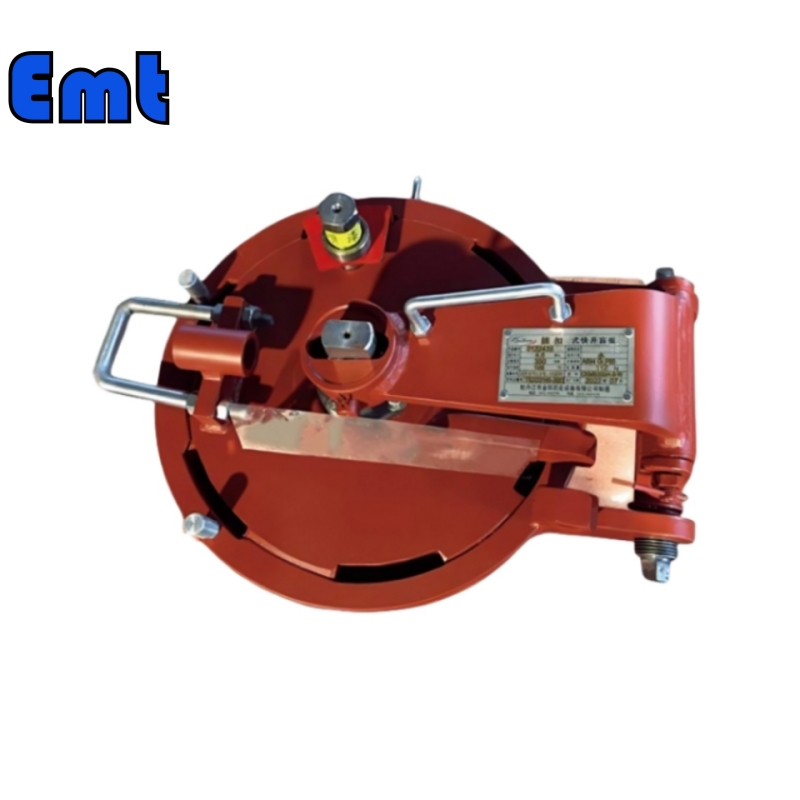
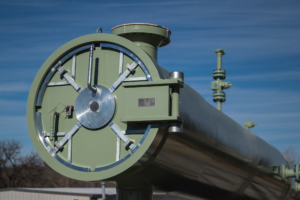
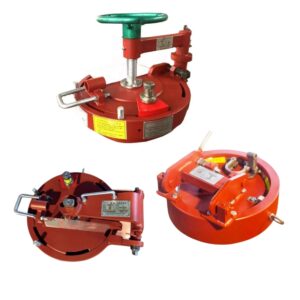
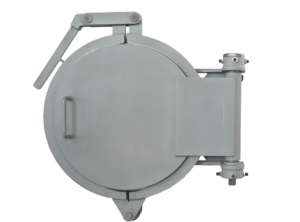
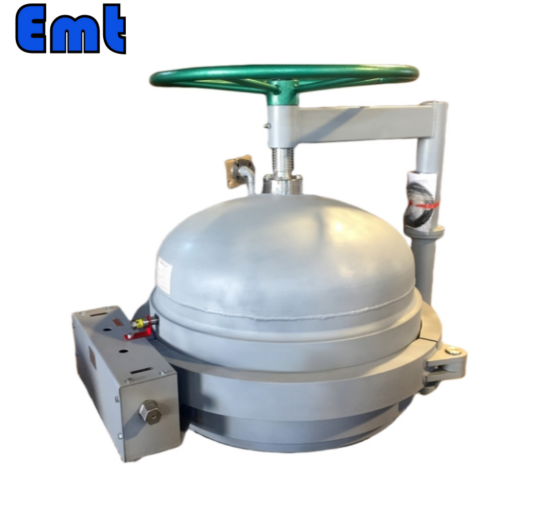
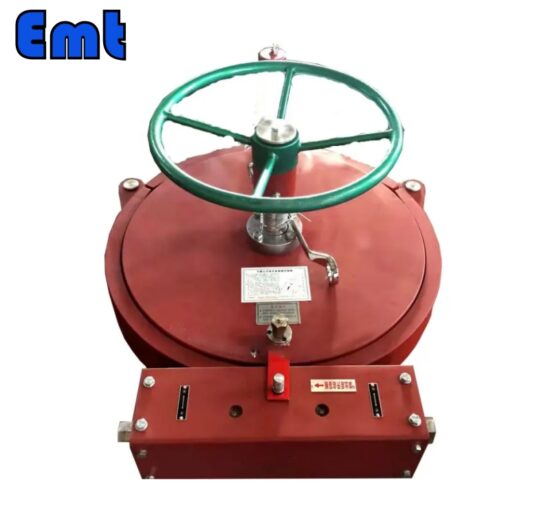
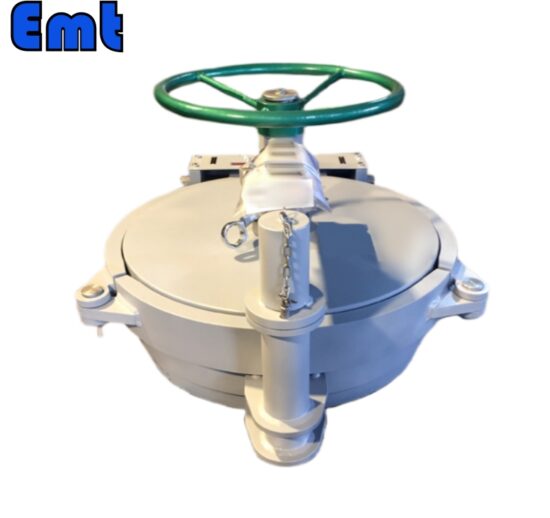
Il n’y a pas encore d’avis.